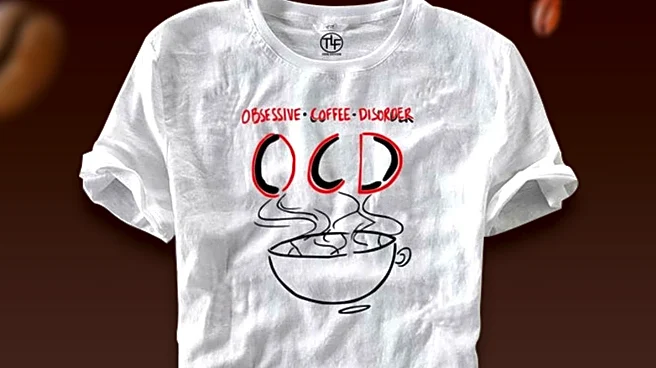What's Happening?
A recent op-ed highlights the harmful effects of trivializing obsessive-compulsive disorder (OCD) as a mere personality trait, urging for greater awareness and understanding of the condition. The article emphasizes the need to move beyond stereotypes
that depict OCD as simply a desire for cleanliness and organization. It discusses the complex nature of OCD, which involves intrusive thoughts and compulsions that can be invisible to others. The op-ed calls for better education and advocacy for affordable mental health therapies, noting that OCD affects approximately 1.2% of U.S. adults, with a higher prevalence among females. The piece stresses the importance of recognizing OCD's neurobiological basis and the effectiveness of treatments like Exposure and Response Prevention therapy.
Why It's Important?
The trivialization of OCD contributes to a lack of understanding and support for those affected by the disorder, potentially preventing individuals from seeking necessary help. Misconceptions about OCD can lead to inadequate insurance coverage for effective treatments, placing a financial burden on those in need. By advocating for accurate representation and affordable healthcare, the op-ed aims to improve access to mental health services and reduce stigma. This is crucial for fostering a supportive environment where individuals feel validated and encouraged to pursue treatment, ultimately enhancing their quality of life.















